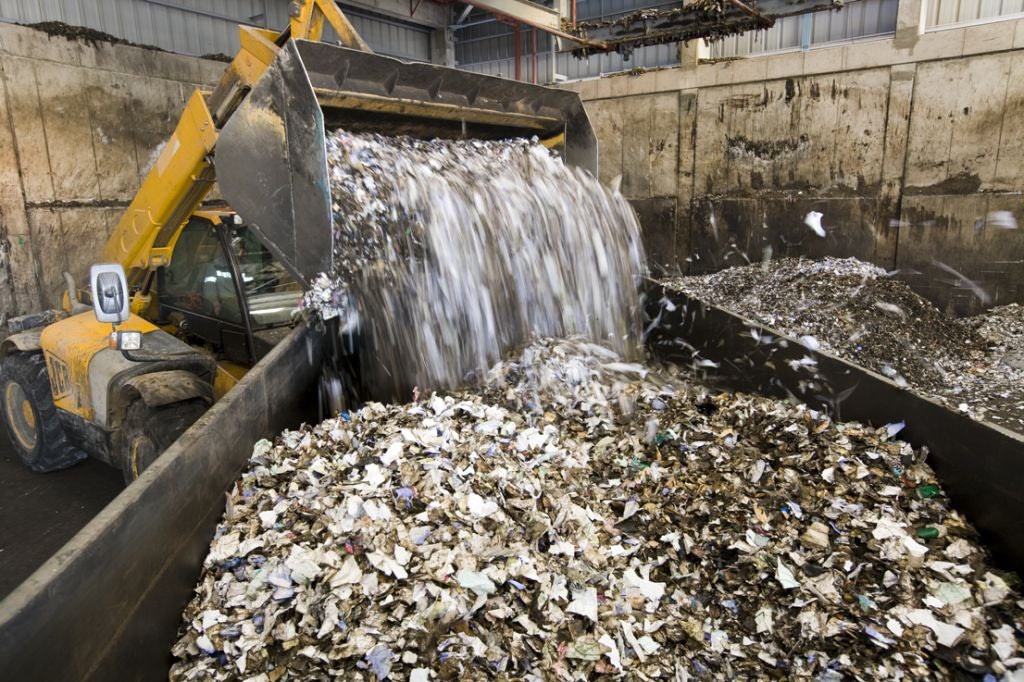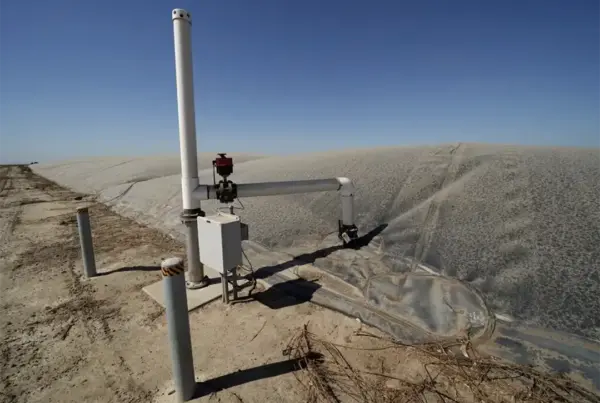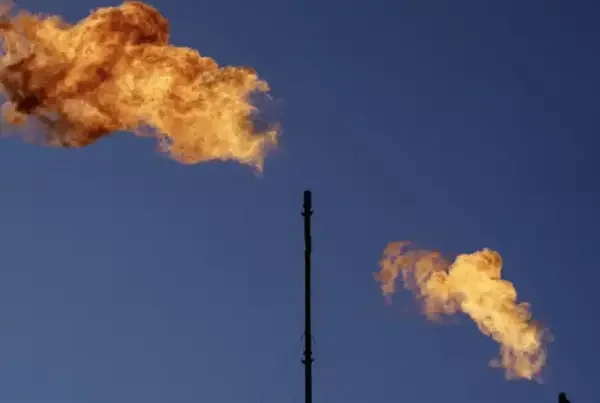SHARM EL-SHEIKH—While fossil fuels are often the target of emissions reduction efforts, the waste sector also provides opportunities to scale back emissions in line with 2030 climate goals.
Around the world, waste is responsible for 20% of global methane emissions. In Canada, that figure stands at 28%, providing a clear pathway for further lowering methane emissions in the country.
“We’ve actually made a lot of progress already in the oil and gas sector,” said Catherine Stewart, Canada’s ambassador for climate change. In Canada, oil and gas emissions are down 45% and are expected to be down 75% by 2030.
Municipal solid waste is responsible for the largest share of the sector’s methane emissions, Stewart said speaking at COP 27.
Efforts to limit waste emissions can have other positive effects as well. For example, diverting surplus food that would otherwise go to waste is one way to stem hunger. “Take this incredible surplus we’re seeing in food systems and get it to people who are hungry,” said Lisa Moon, CEO of the Global FoodBanking Network.
Separating waste properly is another key step to stemming methane emissions in the sector. “Source separation and separate collection are best practices,” said Allison Bender, executive director at the Center for Clean Air Policy.
Carolina Urmeneta, circular economy program director at the Global Methane Hub, called for future COP meetings to set aside a waste day just as it has solutions day and decarbonization days. “We need to bring more people here to talk about this,” she said.
Waste, agriculture, and the oil and gas industry are among the largest emitters of methane, and cutting methane emissions is seen as the most efficient path to managing climate change in the short term.
“Rapid decarbonization is not the most effective way to reduce near-term global warming,” said Rodolfo Lacy, a UN and OECD special envoy on climate.
Decarbonization is something that must happen over decades not years. “There are economic and social challenges to decarbonizing in a shorter timeframe,” Lacy said.



